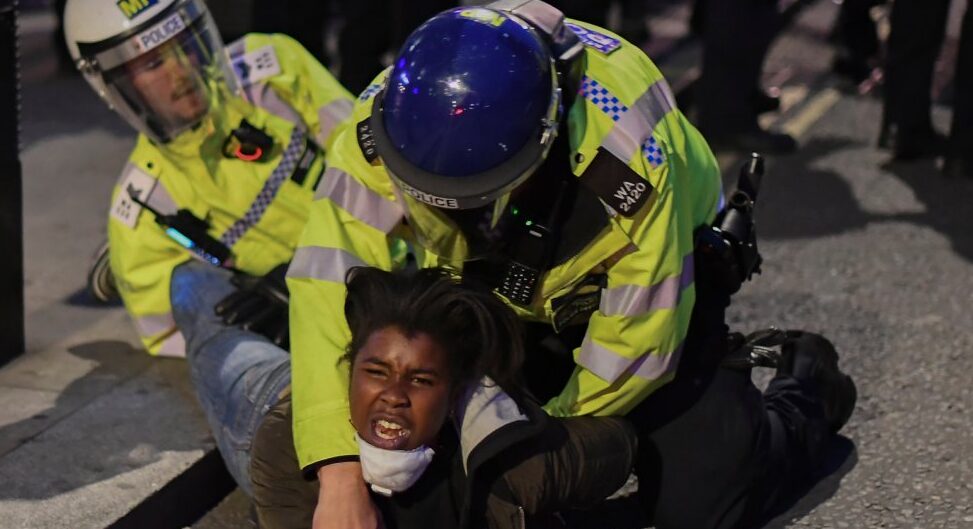NYC lawmakers announced that they voted to pass a resolution to “ensure that officers who violate Constitutional rights in the course of a search and seizure or by the use of excessive force are not entitled to qualified immunity.”
Qualified immunity protects police from punishment even when they break the law, and was originally established in 1967 to prevent Freedom Riders from coming after officials in Mississippi. Although it is just case law, not law, it is widely used.
The new bill’s purpose is to push back against QI.
“This legislation is simple,” said Council Member Stephen Levin, who sponsored the resolution, “It creates a set of civil rights here in New York City, mirroring those conferred by the 4th and 14th Amendments of the U.S. Constitution, so that people in New York City can hold officers accountable if those officers violate their civil rights. It eliminates the shield of Qualified Immunity to allow victims the opportunity to seek justice.”
Opinion is divided, and a little confused, as to what this move will mean in practice. Many believe the local law will at least send a message that the city is in favor of a change in the direction away from QI.
The Legal Aid Society expressed support for the move but commented that it was just a first step and more meaningful change would happen if New York state passes legislation that addresses relief for victims of police misconduct, specifically A4331/S1911.
But critics have raised the point that removing the shield of QI may prevent or discourage police from thoroughly enforcing the law.
The resolution was passed this week along with several other police reforms that are part of a broader plan to reform NYC police under Mayor Bill de Blasio.
By Sid Douglas
